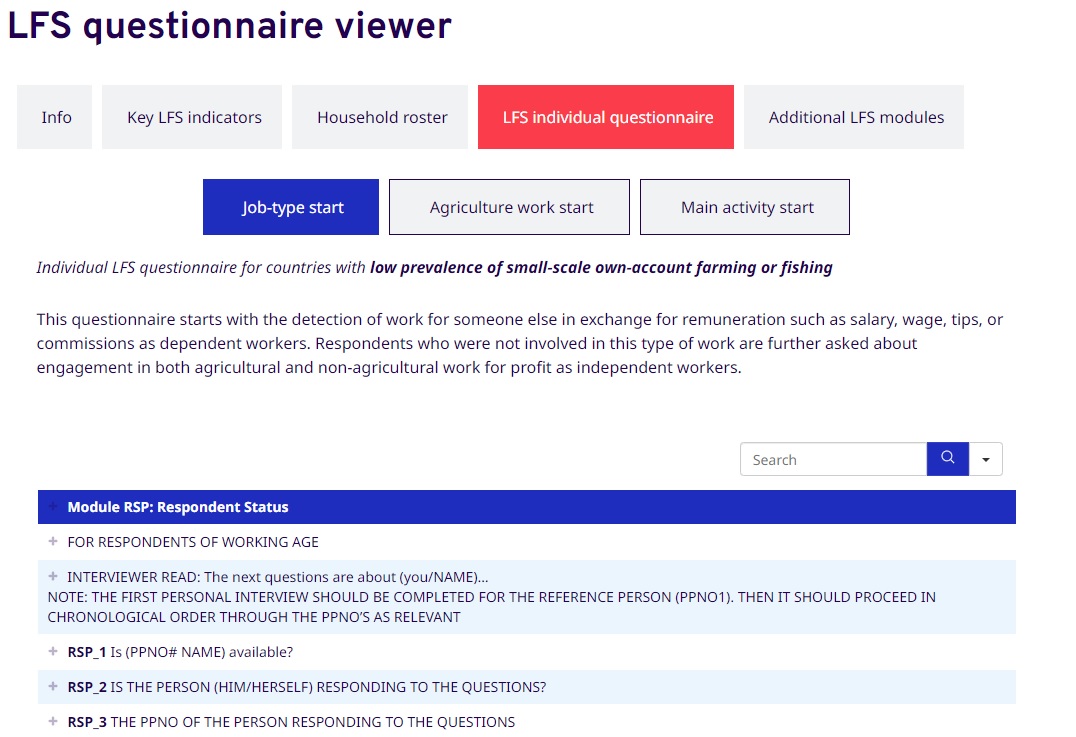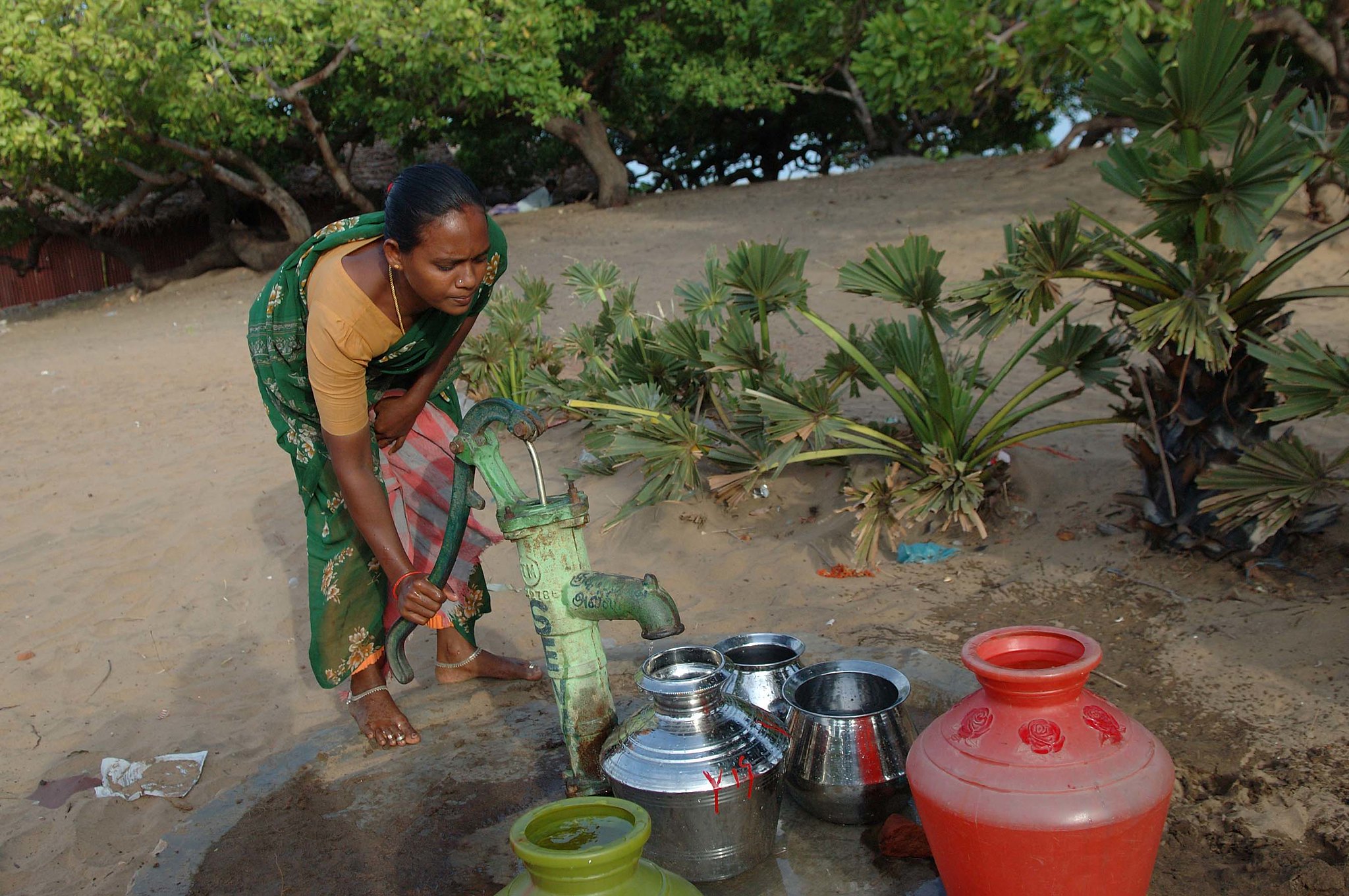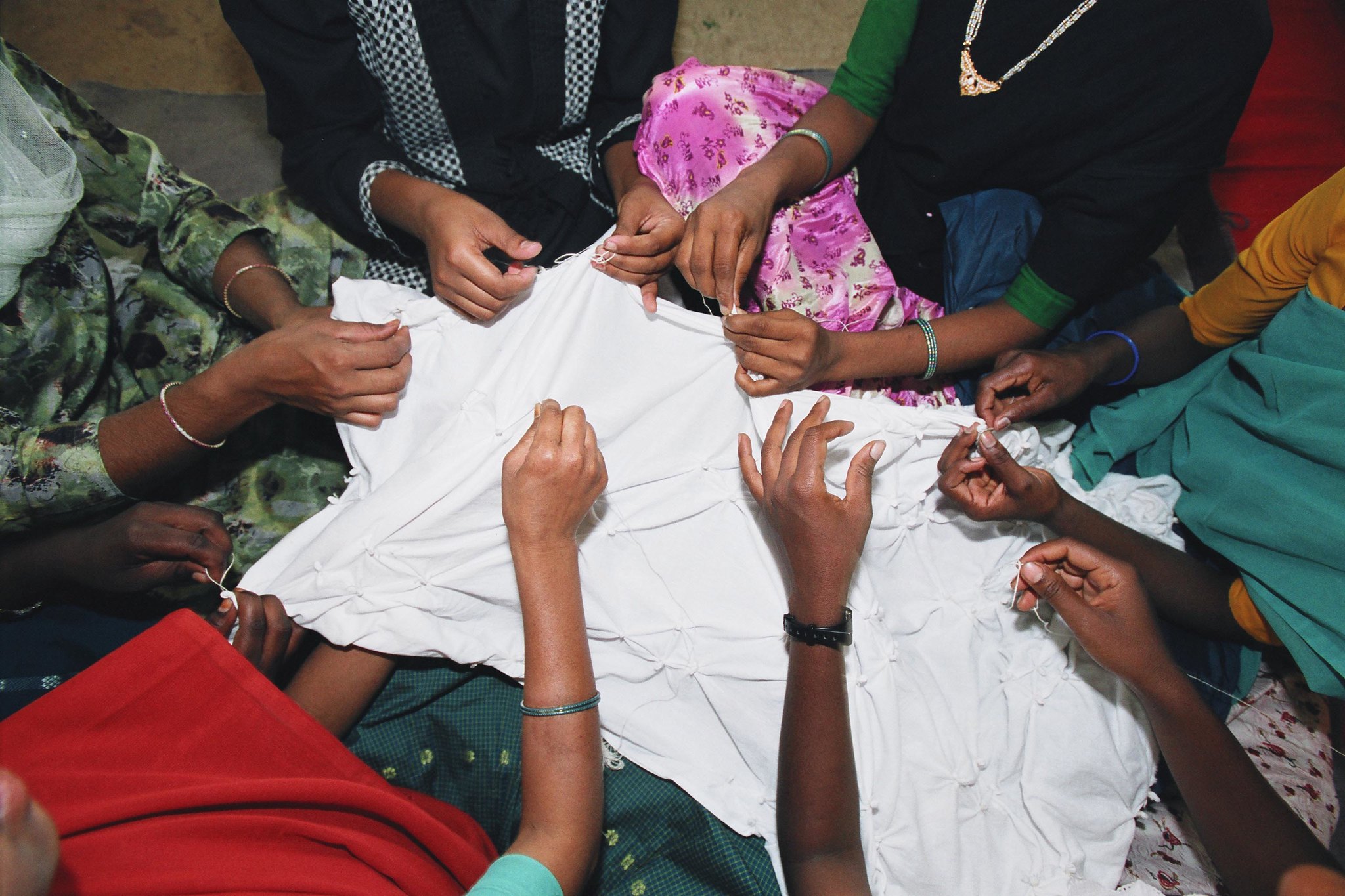
Current practices in measuring sexual orientation and gender identity in population censuses
Measuring sexual orientation and gender identity with official statistics is still a very new endeavour faced with many challenges, but legal and social advances are leading to the identification of these minorities in population censuses in more countries.









